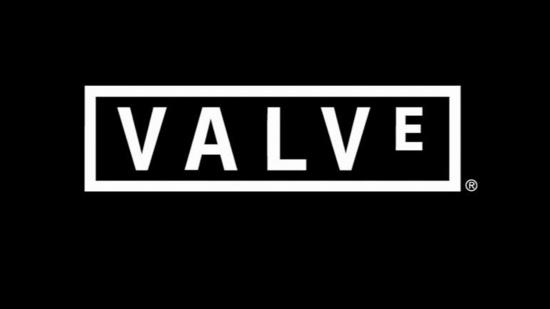An indigenous American nation has filed a lawsuit against Valve, accusing the developer of having “facilitated illegal, unregulated and unlicensed online gambling […] in numerous ways.” The suit (via Geekwire) was initially filed last week.
The suit comes from the Quinault Nation, a federally-recognised tribe located in Washington state, which owns and operates the Quinault Beach Resort & Casino. Their accusations are based around Valve’s provision of digital keys and their interaction with CS:GO weapon skins. The Quinault claim “the only purpose of [the weapon skins] was to allow users to engage in gambling through opening crates to win virtual items that were worth much more than the value of the token, or to win virtual items with virtually no value.”
The suit claims that “the look, feel, sound and experience was basically an online slot machine.” It also claims that despite Valve allowing and even assisting third-party sites, “neither Valve nor internet gambling sites using Valve’s virtual items” operate under gambling laws that the Quinault nation is forced to abide by as a licensed operator working in Washington.
The suit goes on to state that “the creation of skins was a deliberate attempt by Valve to increase its sales and profits by adding an element of gambling and market economies to its product.” The Quinault also claim that these skins are “a thing of value” under Washington state law, and that “Valve is well aware of the skins gambling that goes on, is well aware that skins have real world cash value, […] and actively encourages and facilitates skins gambling.”
Related: Norway recently found Valve in breach of EU law
As Valve has allegedly “profited handsomely for years from illegal online gambling” and has “maliciously interfered with Quinault’s rights” based on their contract with Washington state, resulting in financial losses. As a result, the nation argues that the company’s actions “warrant punitive damages,” and seeks help to prevent Valve from offering crates and skins to players until Washington state can determine whether the company needs a gambling license.
This isn’t the first time Valve has been in hot water over skin-betting. In 2016, the company attempted to crack down on CS:GO’s gambling scene, and was also subject to a class-action lawsuit. More recently, Belgian authorities declared that Counter-Strike cases broke national gambling laws, potentially opening Valve up to fines of nearly $2 million.
We’ve reached out to Valve for comment, and will update this story if we hear back.
